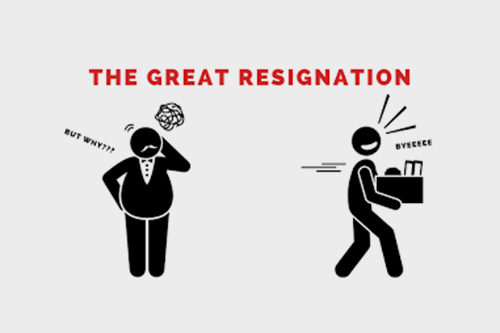As Robert Kiyosaki pointed out in his fantastic book “Rich Dad, Poor Dad”, income generating assets provide healthier bottom-line results than even the best traditional jobs. The thought is how assets might be acquired so that the jobs you hold can eventually be shed. The question is why do most folks working for others not think about or implement this type of strategy? How many individuals work all their lives and end up not having enough to enjoy a peaceful retirement, while others build up income producing assets that provide security. Even more difficult to understand is when individuals are let go of their positions they have nothing to lean on when it comes to producing income. There have been Corporate Executives let go of their positions after years of service and think what do I do now, should I try and jump back in the work force (difficult), what to do with their time, where to find income, etc, etc.

- Why most do not get or want to know how they can get their money to work for them?
- Why do most seek out the standard path of working for others and having their futures depend on those that do not look for their input?
- Why end up having to job hop through your career to get to your dream spot?
- Why end up at the end of your career not satisfied with what you have accomplished?
These are questions everyone should ask themselves and look to make a plan to off-set the downside of each. The saying “The poor and the middle class work for money while the wealthy have money work for them” correlates with the message of “income producing assets” and why we should all learn about the options to enhance our futures.
So, what are your options when it comes to income producing assets, rent out property, buy a business, or buy a franchise, to which there are other methods, but the three mentioned stand out. For those not having the experience, time or confidence to look into the options, one should seek out help to learn what they can accomplish so they are not walking out the door of their employer with nothing to lean on. Find a real estate contact, business broker or franchise expert who will guide you to opportunities that will not only give you financial assistance but will bring more to your life to keep it fulfilled.
Rich Dad, Poor Dad brings forth a simple message (and an easy read) but the message is very effective if implemented. Most would benefit if they consider implementing multiple revenue streams into their lives and following what the wealthy most often put into effect.










